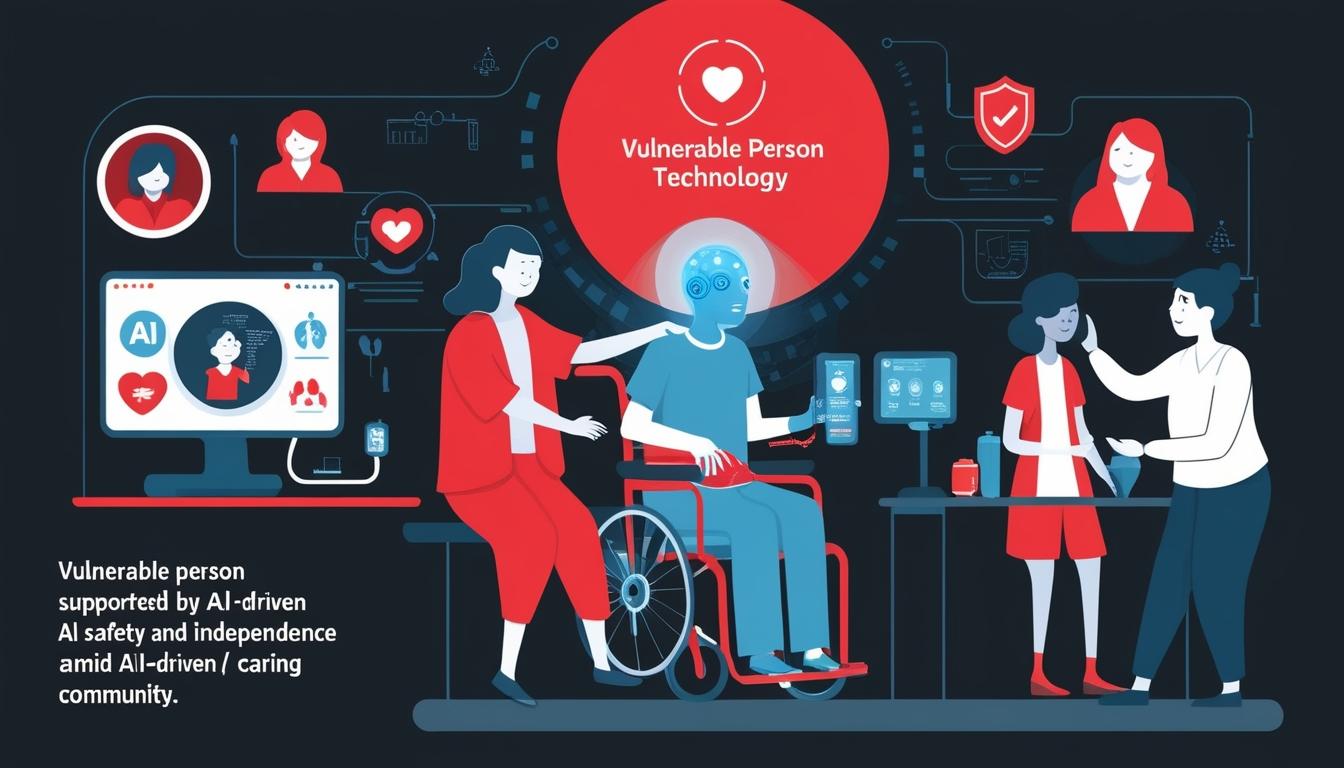Norfolk County Council is set to expand its innovative use of artificial intelligence (AI) in a proactive effort to address the issue of falls among vulnerable individuals in the community. Following successful trials conducted in parts of Norfolk, the county aims to implement this AI-driven initiative on a wider scale, with the goal of reducing hospital admissions and alleviating pressure on the National Health Service (NHS) and adult social care services.
The council has deployed AI technology to analyse data pertaining to individuals with whom it and district councils have had interactions, to identify those at heightened risk of falling at home. By employing machine learning algorithms, the AI system assesses thousands of risk factors and relationships to determine the most effective predictors of falls. This data-driven approach allows the council to target outreach efforts to those most in need.
As reported, 12,000 individuals have been identified as being at risk of falls through this initiative. In the initial trial phase, 700 people were contacted, yielding responses from 538, with 278 engaging in conversations regarding their care. Of those who participated in discussions, 156 individuals accepted referrals, leading to 239 interventions, which included practical adaptations such as the installation of handrails in their homes.
Alison Thomas, the cabinet member for adult social care at Norfolk County Council, stated, "Proactive intervention is a vital tool in supporting people to live independent, healthy lives, in the place they choose to call home." She further emphasised that the pilot project demonstrated the council's capability to identify at-risk individuals and reduce the likelihood of falls. Thomas anticipates that a comprehensive rollout across Norfolk will significantly benefit not only the individuals involved but also their families and caregivers, while helping to alleviate substantial pressures within both health systems and adult social care.
Following the initial success in identifying 700 at-risk individuals, a subsequent trial carried out in south Norfolk further identified an additional 2,400 individuals. The response to these outreach efforts has been encouraging, with many individuals accepting offers of support and interventions aimed at enhancing their safety and wellbeing.
The council's initiative is timely, coinciding with broader government initiatives aimed at improving the adoption and application of artificial intelligence across the UK. Prime Minister Sir Keir Starmer has expressed support for increasing AI integration into public services, stating, "AI isn’t something locked away behind the walls of blue chip companies. It’s a force for change that will transform the lives of working people for the better." He highlighted the transformative potential of AI in making public services more human and reconnecting staff with their motivations for entering public service roles. Starmer has framed this moment as a critical opportunity for the UK to position itself as a leader in AI innovation, urging a national conversation on whether the country will become an "AI maker or AI taker."
As Norfolk prepares to widen the impact of its AI-driven initiative, it represents a significant step in leveraging technology to enhance community health and safety, ultimately contributing to the ongoing discourse about AI's future role in business and public services nationwide.
Source: Noah Wire Services
